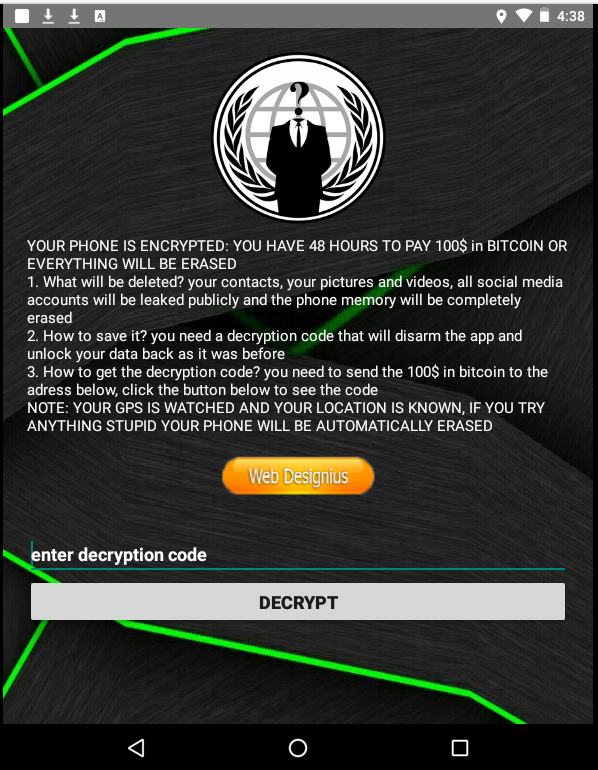Cybercriminals constantly misuse current events to attract the public's attention. We have already warned about phishing messages that misuse the news around coronavirus and also about all kinds of fake news. But hackers are now also using the coronavirus as bait to lead you to websites that can install viruses on your computer.
Cybersecurity experts are warning about a program that allows you to track the virus’ evolution on a map of the world. A dashboard of coronavirus infections and deaths from Johns Hopkins University is abused by malicious websites to install viruses that can detect and steal passwords. It may look like you're seeing the real map from Johns Hopkins University, but actually a virus has been installed by hackers. It will only be installed if JavaScript is enabled.
There is also an Android App allowing you to track the number of COVID-19 cases: COVID19 Tracker App. In reality, the app is infected with ransomware, which was given the name CovidLock. CovidLock uses methods to deny victims access to their phone by forcing the password needed to unlock the phone to be changed. After this, victims will immediately see a screen that explains how to pay $100 in Bitcoins within 48 hours. If you don't, all the data on your device will be deleted and all your contacts, photos, videos and social media accounts will be publicly leaked on the internet.

- These messages and applications look real and professional. It's sometimes difficult to trace the source.
- Therefore, always be on your guard if you receive an unexpected message that is not addressed to you personally.
- Think twice before clicking on attachments in a message. Especially .exe files can be very dangerous.
- Also ALWAYS think twice before clicking on a link.
- Only install apps from official stores (Google Play or Apple's App Store).
- Do not run JavaScript when prompted after downloading an attachment.
- Having a virus scanner protects your computer from viruses. It is the most important piece of software to protect your computer and your data. And even though no virus scanner offers 100% protection, it is still crucial to install one https://www.safeonweb.be/en/scan-your-computer
- Forward suspicious messages to suspicious@safeonweb.be
As long as the coronavirus remains front page news, criminals will continue to use it as bait. Be on guard and stay safe online.
Sources:
https://krebsonsecurity.com/2020/03/live-coronavirus-map-used-to-spread-malware/
https://www.domaintools.com/resources/blog/covidlock-mobile-coronavirus-tracking-app-coughs-up-ransomware
